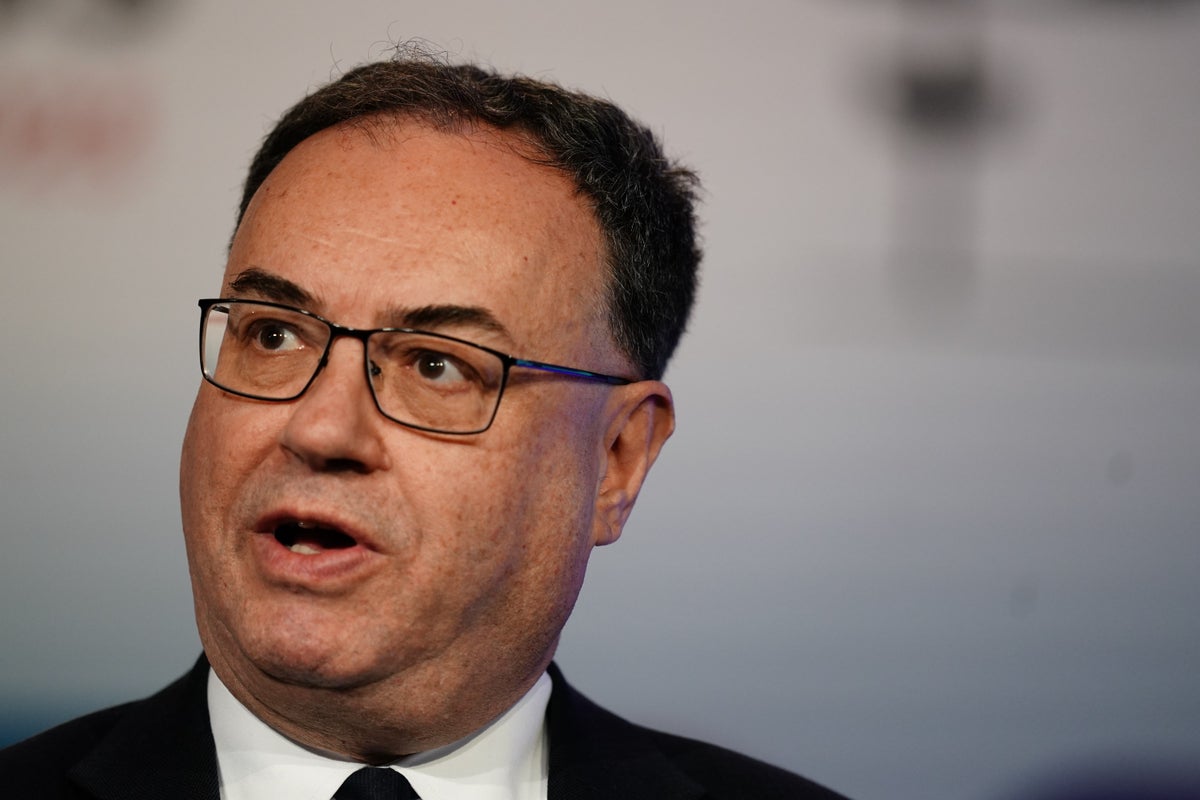
The governor of the Bank of England has hit out at firms for “overcharging” during the cost of living crisis, particularly petrol retailers.
Andrew Bailey said forecourts had been “charging too much” for petrol, welcoming moves by regulators to stamp out profiteering in the sector.
And he welcomed “important steps” taken by the government to “make things fairer”, highlighting the devastating impact of higher fuel costs.
Mr Bailey told the BBC’s children’s news show Newsround: “Where, for instance, the evidence seems to suggest that possibly there’s some overcharging going on, that’s not the Bank of England’s responsibility.
“But I do welcome the fact, and I think everybody should welcome the fact, that these things are tackled.
“If you look at petrol prices, some sellers of petrol possibly have been charging too much for it.”
Rishi Sunak’s government vowed to stop motorists being used as “cash cows” after a scathing report by the Competition and Markets Authority (CMA) found that fuel retailers had charged an extra 6p on every litre sold between 2019 and 2022.
It means drivers have been charged between £2.70 and £3.90 too much for a tank of petrol or diesel every time they filled up their vehicle at a forecourt in recent years.
Keeping prices too high to “increase margins” meant motorists paid around £900m too much at the fuel forecourts run by Asda, Tesco, Sainsbury’s and Morrisons in 2022, the CMA stated.
Downing Street will introduce legislation forcing fuel retailers to make up-to-date diesel and petrol prices available to third parties. This is expected to lead to the creation of price comparison apps and websites, enabling drivers to find the cheapest fuel in their area.
No 10 also pledged to hand new powers to a public organisation to “closely monitor” pump prices and “alert” ministers if further intervention is needed, with a plan to launch a consultation on the measures in the autumn.
Mr Bailey said: “Now, that is important, that helps us with inflation, but it is just fairer if these things are tackled.
“I understand the effect, this is having very difficult effects, so it is important that these steps that can be taken, to make things fairer and to save money for people by doing so, are taken.”
During the interview, Mr Bailey also admitted inflation is “way too high” and said people are having to make “very difficult choices” around what they buy.
He said spiralling interest rates will disproportionately hit younger people, who tend to borrow more, while older people tend to have more savings.
“We want to get inflation back to where it needs to be,” he said. And Mr Bailey added that when inflation returns to its target 2 per cent, from its current 8.7 per cent, “we can assess what level interest rates should be at going forwards”.
“I understand very much the difficulties that people face, unfortunately, this is how we have to get inflation down,” Mr Bailey said.







